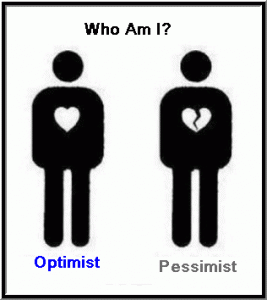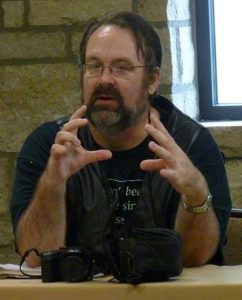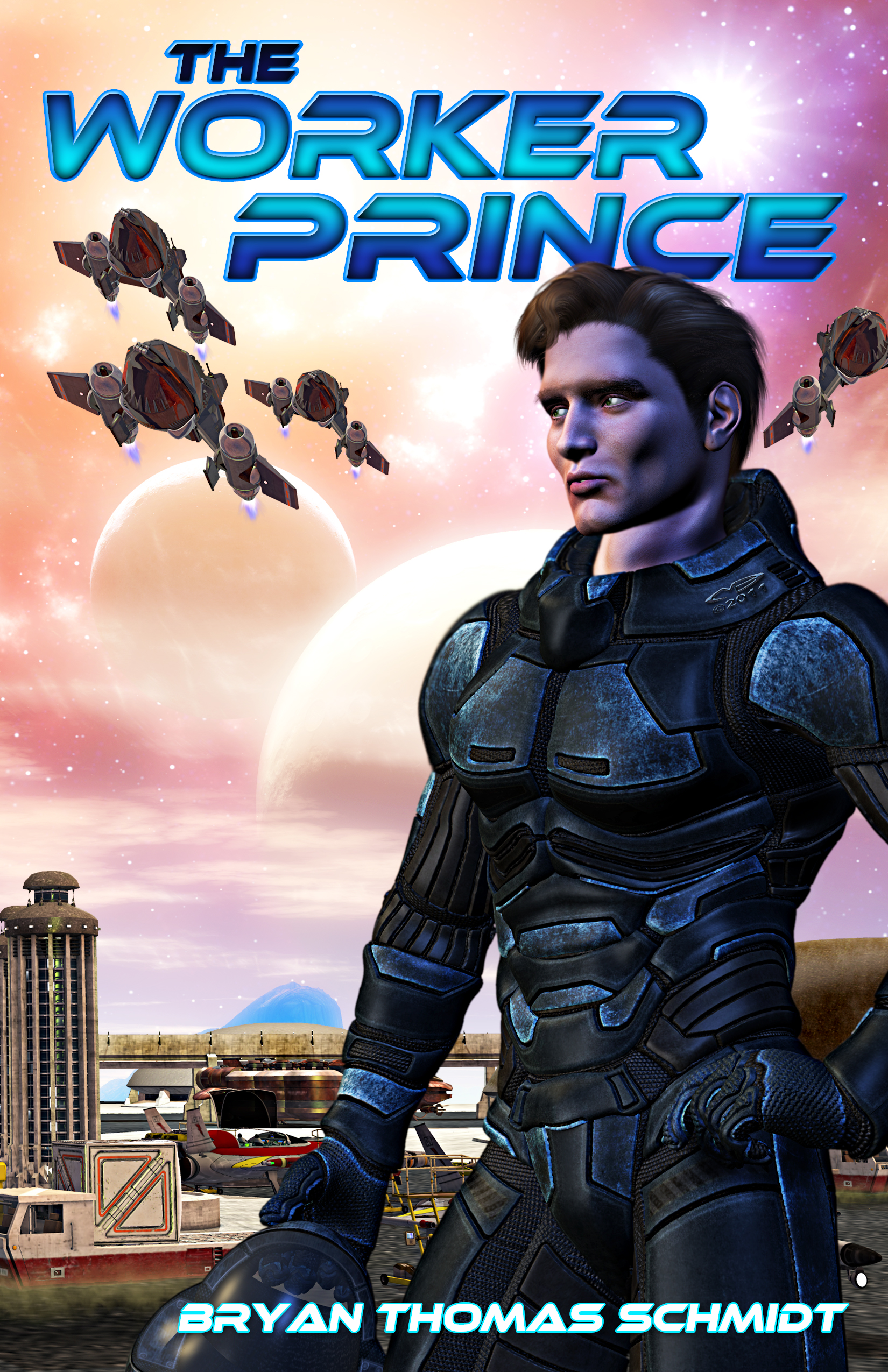 I love interacting with people from other cultures. Discovering the world through their eyes, looking through that other lens, exploring it, seeing where it leaves, discovering new questions, new answers, new approaches. It’s why I got hooked on traveling to foreign places like Ghana, Brazil, Mexico and more, interacting with natives and trying to understand their lives, their world, etc. for over a decade. Those times enriched me and expanded my own box in so many ways. So it’s ironic to find myself a bit flummoxed by my own culture these days.
I love interacting with people from other cultures. Discovering the world through their eyes, looking through that other lens, exploring it, seeing where it leaves, discovering new questions, new answers, new approaches. It’s why I got hooked on traveling to foreign places like Ghana, Brazil, Mexico and more, interacting with natives and trying to understand their lives, their world, etc. for over a decade. Those times enriched me and expanded my own box in so many ways. So it’s ironic to find myself a bit flummoxed by my own culture these days.
I grew up being mostly an optimist. While, as Christians, we believed in the depravity of man and doctrine of sin, my basic assumption was that most people are good people or trying to be. Every once in a while you’d run into someone who tested your faith in that theory, but mostly it panned out. A lot of people were doing good things to make a better world, a better life, a better community, sometimes with great sacrifice. And most people I met, it seemed, had a sense of fairness and politeness that dominated them.
But these days I run into more and more people who seem to believe the opposite: all people are evil and trying to be evil. They seem to automatically assume the worst in every case from actions to words to events, etc. Everything someone says is analyzed, and dissected with the assumption it’s meant to insult, offend, or malign. They jump right onto it too, accusing, blaming, critiquing and riling up their allies about it, all the while impugning motives that may or may not be the truth. Intent no longer matters. Who can be bothered to try reading intent in the modern technoage anyway, right? Intent can’t be discerned well via the web, so why bother?
Yet, I come from a belief that intent matters, and more than that, you can choose be insulted or upset, or you can choose to assume the person means well until they prove you wrong. Not so this new breed. (Or maybe they’re an old breed I just hadn’t encountered much before.)
Although we definitely are a more cynical and nihilistic culture now than we were then, it’s flummoxing for me because you really can’t argue or respond to that kind of flawed reasoning. It’s emotionally based, which is irrational by its nature, and it’s fed by deep seated hurts and insecurities that no words can ever heal. It’s a rather unfortunate way to go through life, if you ask me. I certainly don’t enjoy wallowing in misery or past hurts and pains. I’ve tried it, believe me. Moving on is always better.
After all, there’s plenty more to come. And plenty to be genuinely upset about without looking for opportunities. They will find you no matter what. No need to seek them out.
But for some reason there are people who operate this way. It continues to puzzle and sadden me. The results are often false assumptions, broken relationships and destructive behavior patterns, all of which seem to feed on themselves.
In a nation already polarized over politics, religion and more, that just adds to existing problems, I think. And it’s unfortunate, because, again, trouble will find you all by itself without asking or going looking for it. That’s the world we live in. Regardless, I hope that this way of thinking remains the minority. I certainly have no desire to culturally adapt. It offers no appeal whatsoever, just a whole lotta unneeded drama, and who needs that? I’ve had enough, thank you very much.
Unfortunately, it’s become more and more the kind of trouble that will find you whether you look for it or no. As has happened to me and several others of late. So be it. If it happens to you, my advice is be nice, don’t waste time trying to argue or engage, just let your life speak for itself. And know that, in the end, that will speak louder than any rumors and last far longer. You’ll be happier, too.
You can be the hero of your own story, despite the flaws. And I’m talking about the kind of hero others might look at and identify as heroic, not the kind that makes people wonder are there any heroes left these days? You don’t have to put on tights and a cape and be perfect. We’re all flawed, that’s not the point, but you can choose to rise above your flaws and work harder to be a better person and positive contributor, or you can live for “me first.” That choice is yours.
Not that I have that all figured out, mind you. I’m still flummoxed. But that’s the dynamic of cultures for you. There are always things we struggle to understand about each other; things/ideas/concepts/behaviors/traditions that challenge us to accept or reject them but refuse to allow us to deny they exist.
When you’re a guest in someone’s country, the polite thing to do is to make those reactions internal while maintaining a respectful interior — something not always easy, I admit but which all too many American tourists get wrong to our country’s detriment. But when it’s in your own country, it’s harder. You start seeing it around you more and more, and there’s no escape. You can’t go home and remove yourself, because it’ll still be there tomorrow, waiting, lurking in the shadows, so to speak.
So you carry on and find a way to live with it, I guess. For me, that involves learning how to identify it and also how to avoid adapting it myself. That might not solve the issues it creates, but it sure makes for an easier walk, if you ask me.
For what it’s worth…
 Bryan Thomas Schmidt is an author and editor of adult and children’s speculative fiction including the novels The Worker Prince and The Returning, and the children’s books 102 More Hilarious Dinosaur Jokes For Kids (ebook only) and Abraham Lincoln: Dinosaur Hunter- Land Of Legends. His debut novel, The Worker Prince (2011) received Honorable Mention on Barnes & Noble Book Club’s Year’s Best Science Fiction Releases for 2011. His short stories have appeared in magazines, anthologies and online. He edited the anthology Space Battles: Full Throttle Space Tales #6 (Flying Pen Press, 2012) and is working on Beyond The Sun (Fairwood, July 2013), Raygun Chronicles: Space Opera For a New Age (Every Day Publishing, November 2013) and Shattered Shields with co-editor Jennifer Brozek (Baen, 2014). He also edits Blue Shift Magazine and hosts #sffwrtcht (Science Fiction & Fantasy Writer’s Chat) Wednesdays at 9 pm ET on Twitter and can be found via Twitter as @BryanThomasS, on his website atwww.bryanthomasschmidt.net or Facebook.
Bryan Thomas Schmidt is an author and editor of adult and children’s speculative fiction including the novels The Worker Prince and The Returning, and the children’s books 102 More Hilarious Dinosaur Jokes For Kids (ebook only) and Abraham Lincoln: Dinosaur Hunter- Land Of Legends. His debut novel, The Worker Prince (2011) received Honorable Mention on Barnes & Noble Book Club’s Year’s Best Science Fiction Releases for 2011. His short stories have appeared in magazines, anthologies and online. He edited the anthology Space Battles: Full Throttle Space Tales #6 (Flying Pen Press, 2012) and is working on Beyond The Sun (Fairwood, July 2013), Raygun Chronicles: Space Opera For a New Age (Every Day Publishing, November 2013) and Shattered Shields with co-editor Jennifer Brozek (Baen, 2014). He also edits Blue Shift Magazine and hosts #sffwrtcht (Science Fiction & Fantasy Writer’s Chat) Wednesdays at 9 pm ET on Twitter and can be found via Twitter as @BryanThomasS, on his website atwww.bryanthomasschmidt.net or Facebook.




 m]
m]